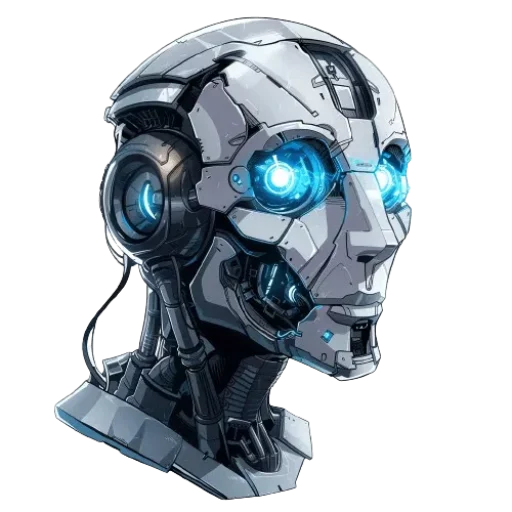Key findings
Generative artificial intelligence (GenAI) is set to impact, rather than transform, the work of surgical technologists.
Blue-collar jobs like this one are unlikely to be automated by GenAI due to the physical nature of the tasks involved.
The unique automation wave may even increase demand for skilled workers in premium goods and services, leading to a rise in income share.
While some skills used in this job may be automated in the future, tasks requiring critical thinking, coordination, and judgment will continue to rely on human expertise.
The work of surgical technologists involves a range of skills, including reading comprehension, active listening, and complex problem solving, which are not easily replicable by AI.
As technology advances, automation may streamline certain aspects of the job, but the human touch will remain essential in ensuring safe and effective surgical procedures.
How could AI or automation replace or complement job activities?
AI, automation, or LLMs like ChatGPT could potentially enhance certain processes in the role of assisting in surgical operations.
While they may not fully replace the critical tasks performed by Surgical Technologists, they could streamline tasks like inventory management, equipment sterilization, and record-keeping.
For example, these technologies could help optimize the ordering of surgical supplies, ensuring efficient and timely restocking in the operating room.
Job description
Support surgical operations by helping surgeons, nurses, or other staff. Tasks may include setting up the operating room, preparing patients for surgery, adjusting lights and equipment, passing instruments, holding retractors, cutting sutures, and assisting with counting supplies and instruments.


0 Comments